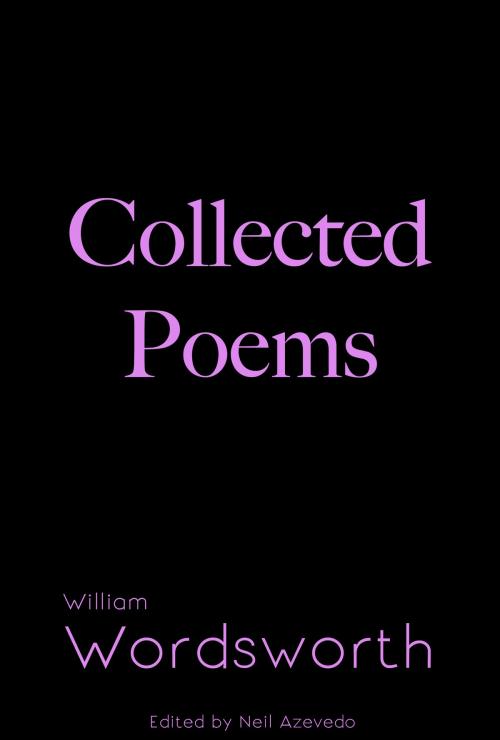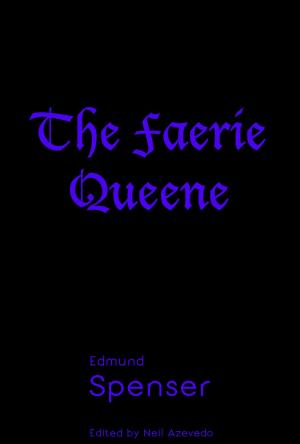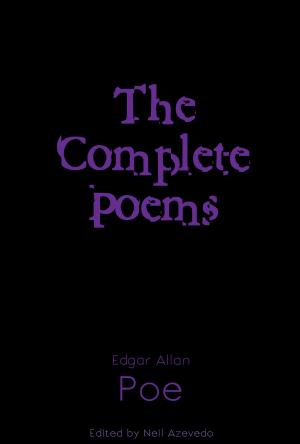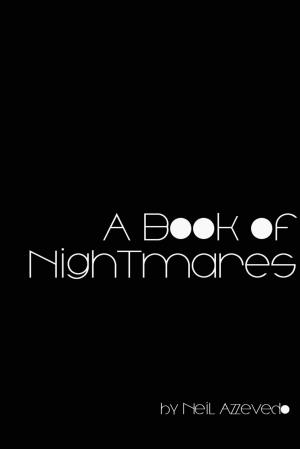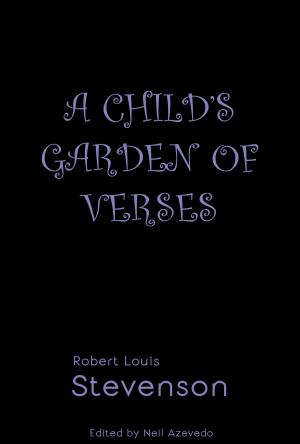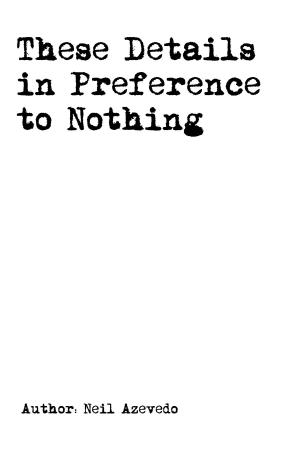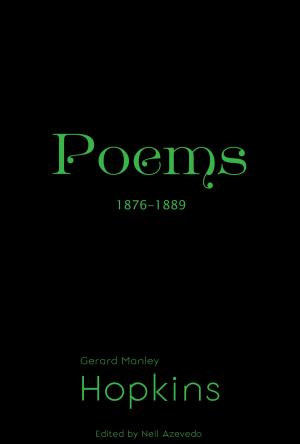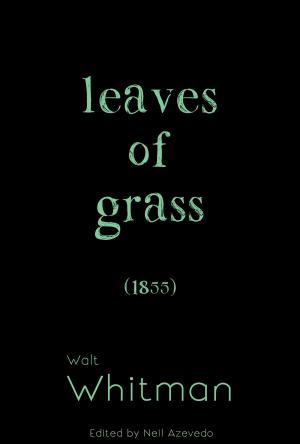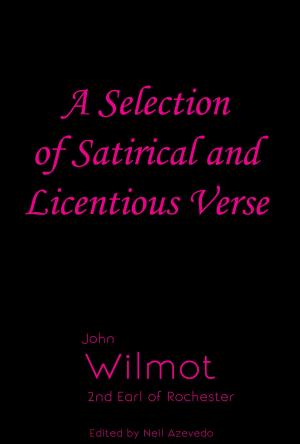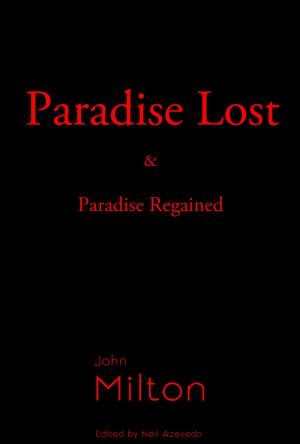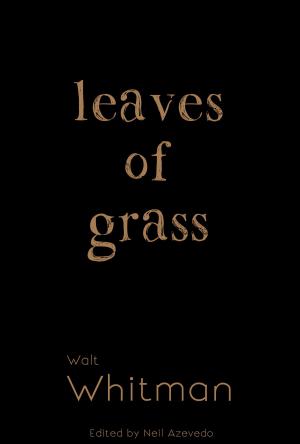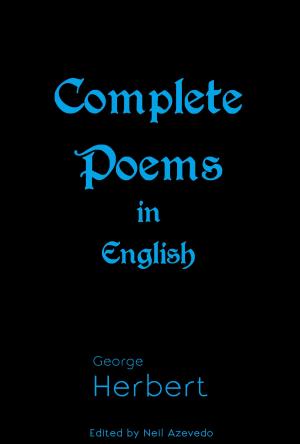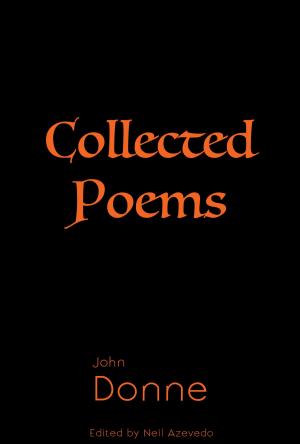| Author: | William Wordsworth, Neil Azevedo | ISBN: | 9781932023558 |
| Publisher: | William Ralph Press | Publication: | September 2, 2015 |
| Imprint: | Language: | English |
| Author: | William Wordsworth, Neil Azevedo |
| ISBN: | 9781932023558 |
| Publisher: | William Ralph Press |
| Publication: | September 2, 2015 |
| Imprint: | |
| Language: | English |
William Wordsworth, 1770 – 1850, was an English poet most commonly associated with being, along with Samuel Taylor Coleridge, one of the early figures of British romanticism. Their publication of the volume LYRICAL BALLADS in 1798 often serves as a marker of sorts for when that movement publicly began. As a young artist—already showing signs of being a gifted writer and thinker at St. John’s College, Cambridge—Wordsworth completed an eye-opening, life-altering tour of France after which he became filled with the seeds of a zeitgeist that would lead to his influential ideas about verse altering its future forever. His poetry resonated with a new, tempered earnestness that he shaped and sculpted with his unprecedented notion that poetry should sound like everyday speech and embody more common “natural” themes, which distinguished his work markedly from all that preceded it, but also brought a great deal of negative criticism from the literary establishment of the day. As he matured, he relaxed into the more conservative aspects of the philosophies that informed his ideals and wrote bucolically yet keenly about nature and the human condition. Later in life his contribution to English letters was recognized and accepted and he was vested with the poet laureateship of England. His lifelong sympathy for humanity and nature allowed him to create and sustain a prosodic style based on an idiomatic plainness that survives in almost all English-language poetry today, and, in some ways regarding these elements, his influence on the canon is unparalleled. This electronic volume collects the entirety of his verse, presenting it more or less chronologically and, as carefully as possible, as this editor believes it was intended to be heard by the author, complete with the variety of word emphases that have been either represented by scare quotes or italics.
William Wordsworth, 1770 – 1850, was an English poet most commonly associated with being, along with Samuel Taylor Coleridge, one of the early figures of British romanticism. Their publication of the volume LYRICAL BALLADS in 1798 often serves as a marker of sorts for when that movement publicly began. As a young artist—already showing signs of being a gifted writer and thinker at St. John’s College, Cambridge—Wordsworth completed an eye-opening, life-altering tour of France after which he became filled with the seeds of a zeitgeist that would lead to his influential ideas about verse altering its future forever. His poetry resonated with a new, tempered earnestness that he shaped and sculpted with his unprecedented notion that poetry should sound like everyday speech and embody more common “natural” themes, which distinguished his work markedly from all that preceded it, but also brought a great deal of negative criticism from the literary establishment of the day. As he matured, he relaxed into the more conservative aspects of the philosophies that informed his ideals and wrote bucolically yet keenly about nature and the human condition. Later in life his contribution to English letters was recognized and accepted and he was vested with the poet laureateship of England. His lifelong sympathy for humanity and nature allowed him to create and sustain a prosodic style based on an idiomatic plainness that survives in almost all English-language poetry today, and, in some ways regarding these elements, his influence on the canon is unparalleled. This electronic volume collects the entirety of his verse, presenting it more or less chronologically and, as carefully as possible, as this editor believes it was intended to be heard by the author, complete with the variety of word emphases that have been either represented by scare quotes or italics.
